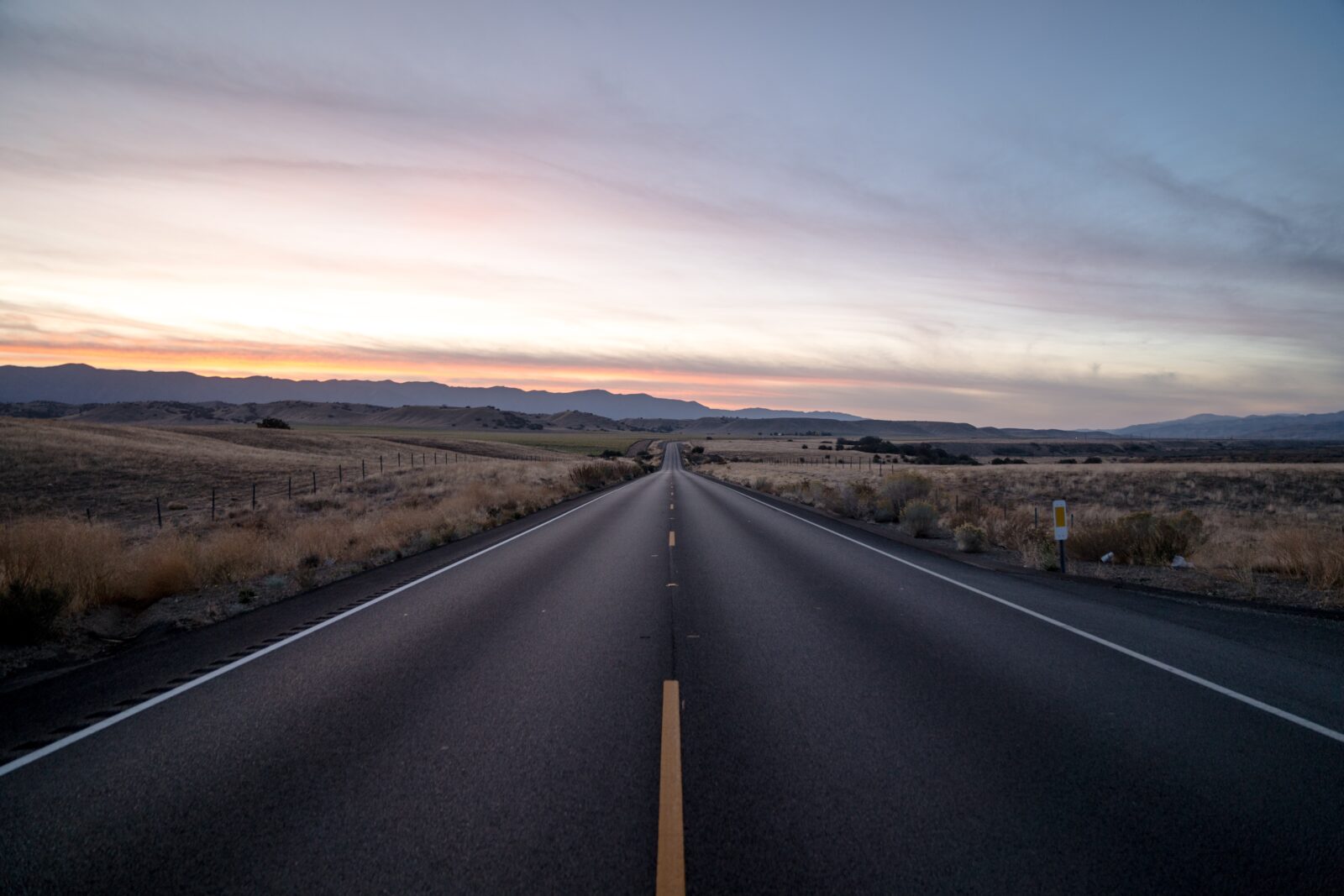It’s hard to develop a consensus on public policy concerning homelessness. One reason: Many Americans have decried homelessness but envy the supposedly care-free lives of those who don’t have to deal with mortgages, car payments, and health insurance.
Eight decades ago Frank Capra’s Meet John Doe, starring Gary Cooper as the hobo hero, was a popular movie with positive things to say about the wandering life. Six decades ago country singer Roger Miller’s “King of the Road” glorified day-to-day hobo life and reached #1 on both the U.S. Country chart and Easy Listening surveys.
Miller sang, “I’m a man of means by no means/ King of the road.” He summarized disadvantages and advantages: “Old, worn out suit and shoes/ I don’t pay no union dues.” That Happy Hobo tradition, embracing poverty and freedom, has tugged at hearts for a long time. Why work 9 to 5? Why not toss all that aside?
Two decades ago my wife and I tried to help a woman who had grown up in affluent surroundings but had become homeless and drank six beers for breakfast. Some of her street friends cheered on her delinquencies: You’re a wild horse, no one can tame you, no one can fence you in. True: she died when her liver gave out.
A recent variant on the Happy Hobo tradition is the Homeless Hero motif. A Denver FOX reporter told how “homeless hero” Darin Barton twice saved motorists. A Houston ABC station reported on homeless Gabriel Moncada, sleeping at a bus stop, who used previous lifeguard training to rescue a woman trapped in a car that had slid into a bayou and was upside down.
Similarly, a Washington NBC reporter told how homeless John Burrows risked his life when he saw a man stabbing a police officer. NBC’s “Today Show” on December 29, 2020, praised a homeless man who “raced into a burning building [and] saved the lives of 10 cats and six dogs.” Keith Walker, 53 and homeless for 40 years, saw the fire while walking his pit bull, Bravo, “and starting pulling out animals as fast as he could.”
Heroic homelessness is common in comic books and movie animation. In the 1960s Captain America lived in cheap hotels, then hit the road on his motorcycle. The DC Comics series Relative Heroes featured siblings running from the government after their parents’ deaths. Marvel’s Sub-Mariner was an amnesiac hero. Aladdin at first lives on the street and steals, but if people “look closer would they see a poor boy? No siree. They’d find out there’s so much more to me.”
Alongside Happy Hobos and Homeless Heroes stand Noble Savages. Jean-Jacques Rousseau, who died in 1778, advanced the idea that people are naturally peaceful and good, until social and economic structures, along with self-interest, mess them up: Those who grow up and live apart from such constraints are nature’s nobility.
The concept was pre-Rousseau, though, and dates from two centuries before him. Michel de Montaigne wrote about noble savages in 1580. Marc Lescarbot, who briefly explored France’s American colonies in 1606 and 1607, was so impressed by what he saw that he wrote a book chapter entitled “The Savages are Truly Noble.”
Thomas Jefferson as ambassador to France in the 1780s applied the concept to Native Americans who inherently had “keen sensibility… strong and faithful” [friendships, and a] moral sense of right and wrong.” Jefferson saw them as avatars of liberty: “Every man with them is perfectly free to follow his own inclinations…. [They] never submitted themselves to any laws, any coercive power, and shadow of government.”
Who are the people today who follow their own inclinations and do not submit to laws? In some eyes, the homeless. For example, City University of New York philosophy professor Naomi Zack writes that these days “It is expected that people will perform their daily biological and physical functions within walls, shielded from public views…. We can all pretend together that we are naturally clean and groomed and do not excrete disgusting substances.” By comparison, those who are homeless and excrete in public are honest. They live off the land and take what people give them, freed of common concerns. Of course, those who have spent time with homeless people know how uncommon concerns make their lives hard — but in some eyes they are noble savages. Or kings of the road. Or homeless heroes. Or all three.

